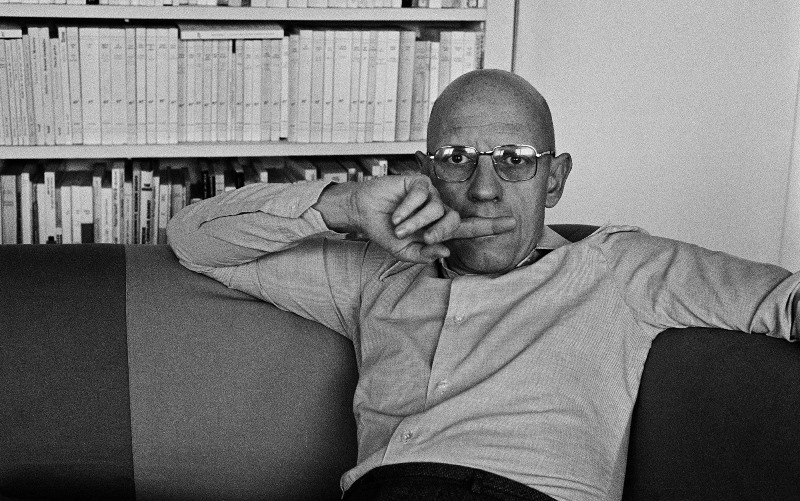The admirers of Michel Foucault are everywhere. With his amazingly powerful writing he made us rethink what many of us tend to take for granted—the sacredness of Reason and ‘universal’ intellectuals and the Enlightenment project of a free society.
The Other Side of Discipline
In his path breaking text Discipline and Punish Michel Foucault opened our eyes: we could see how the medieval practice of physical torture of human body was replaced by the institutionalization of imprisonment with a new form of ‘discipline and punishment’ that would become rather subtle, meticulously designed and planned, and through ‘hierarchical observation’, ‘normalizing judgment’ and ‘examinations’ would place people in a network of surveillance and disciplinary technologies, and shape their bodies, thoughts and practices. It implied ‘a whole set of assessing, diagnostic, prognostic, normative judgments’ for acting in depth on ‘the heart, the mind, the will’. From prison to hospital, from mental clinic to school—Foucault could see this close linkage between power and knowledge in diverse micro domains of society. Not surprisingly, Foucault gave us yet another critical insight to look at the dynamics of school education. Through its spatial design (the disciplinary eyes must monitor over the activities of each child), time- table (it establishes a pattern, regulates and controls human behavior) and examinations ( as a ceremony of power it compares, hierarchizes, corrects, normalizes) school creates docile bodies, docile subjects. See the consequences of these disciplinary practices. The school became subject ‘to a whole micro-penalty of time (latelessness, absences, interruption of tasks), of activity (inattention, negligence, lack of zeal), of behavior (impoliteness, disobedience), of speech (idle chatter, insolence), of the body (incorrect attitudes, irregular gestures, lack of cleanliness), of sexuality (impurity, indecency).’ It is not one’s intention to say that discipline is necessarily bad, or ‘docile’ bodies are unproductive. Yes, like a hospital, school too as a site of power has its uses; it produces knowledge; but then, its regime of knowledge is not outside power. Possibly a critical insight of this kind made us see what the Enlightenment dream of freedom missed: beneath this ‘carceral network’ lies a ‘military dream of society’ that produces ‘automatic docility’ for creating ‘meticulously subordinated cogs of a machine’.














